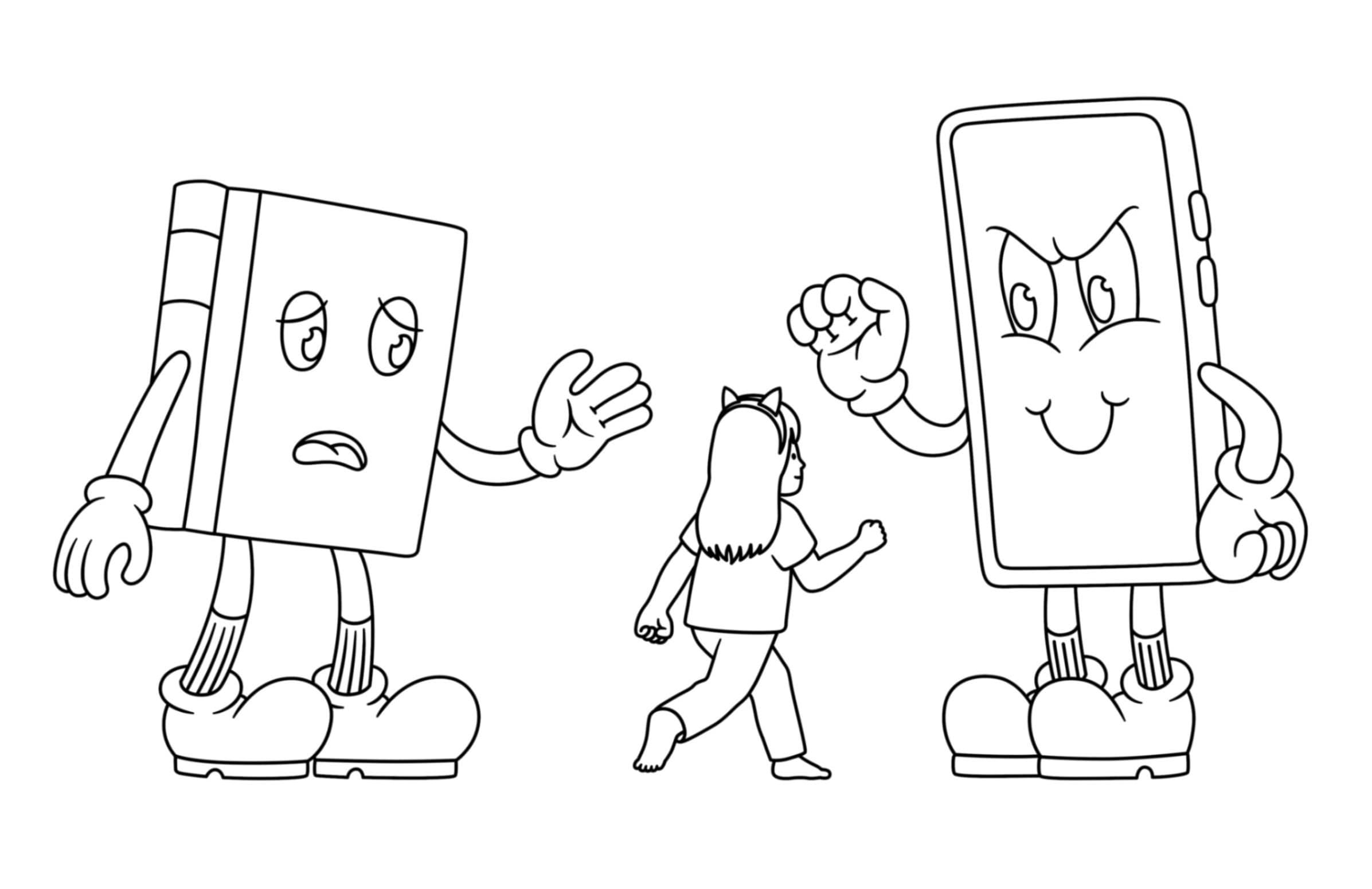
Paused Progress: How Screen Time Is Rewiring Childhood Milestones
As an educator with decades of experience, I have watched a noticeable shift in young children’s developmental readiness. Children entering preschool and kindergarten today often struggle with skills that were once foundational and expected. The growing reliance on screens during the earliest years of life appears to be a factor that cannot be ignored. What we once thought of as innocent distraction or harmless entertainment is, in many cases, replacing essential human interaction.
Research supports what we are seeing on the ground. A 2023 study published in the journal JAMA Pediatrics found that toddlers who had four or more hours of screen time per day were nearly five times more likely to experience developmental delays in communication and problem-solving by age two than those who had less than one hour daily¹. These delays are not simply academic - they affect a child's ability to connect with others, regulate emotions, and engage meaningfully in the classroom. When children miss key milestones in early childhood, such as turn-taking in conversation or responding to facial cues, it sets the stage for longer-term challenges in learning and social adaptation.
Why Human Interaction Remains Irreplaceable
The science behind early brain development tells a clear story: babies and toddlers learn through live, responsive interaction. In the first 1,000 days, the brain is making over a million new neural connections per second². These connections are built and reinforced not through passive observation but through serve-and-return exchanges between a child and a caregiver. A smile followed by a coo, a question answered with a giggle, a look responded to with a name - these are the building blocks of communication and cognition.
Screens, no matter how visually stimulating or “educational,” do not respond to a child’s cues in real time. While some applications claim to be interactive, they often provide limited feedback and lack the emotional responsiveness that human interaction provides. According to the American Academy of Pediatrics, children under 18 months cannot learn effectively from digital media unless an adult is participating and guiding the experience³. Even then, the learning that occurs is significantly less robust than what happens during direct, face-to-face engagement.
The Myth of the “Educational” App
Many well-meaning parents believe they are giving their children a head start by introducing educational apps early. However, research has consistently shown that passive screen use does not effectively support language acquisition or executive function in young children. A 2020 report from the World Health Organization recommended zero screen time for children under one year and no more than one hour a day for those aged two to four⁴. These guidelines emphasize the importance of interactive play, physical activity, and sleep - all of which are disrupted by excessive screen use.
For children under age two, learning from screens is especially limited. A study by Barr and Linebarger (2017) found that infants learn significantly more from live presentations than from video, even when the content is identical⁵. This “video deficit” means that the same lesson, when delivered through a screen, is far less effective than when delivered by a human. Parents and caregivers are the most powerful educators in a child’s life, not because of special training but because of emotional connection and shared attention. No
Read-Only
$3.99/month
- ✓ Unlimited article access
- ✓ Profile setup & commenting
- ✓ Newsletter
Essential
$6.99/month
- ✓ All Read-Only features
- ✓ Connect with subscribers
- ✓ Private messaging
- ✓ Access to CityGov AI
- ✓ 5 submissions, 2 publications
Premium
$9.99/month
- ✓ All Essential features
- 3 publications
- ✓ Library function access
- ✓ Spotlight feature
- ✓ Expert verification
- ✓ Early access to new features
More from Education
Explore related articles on similar topics





